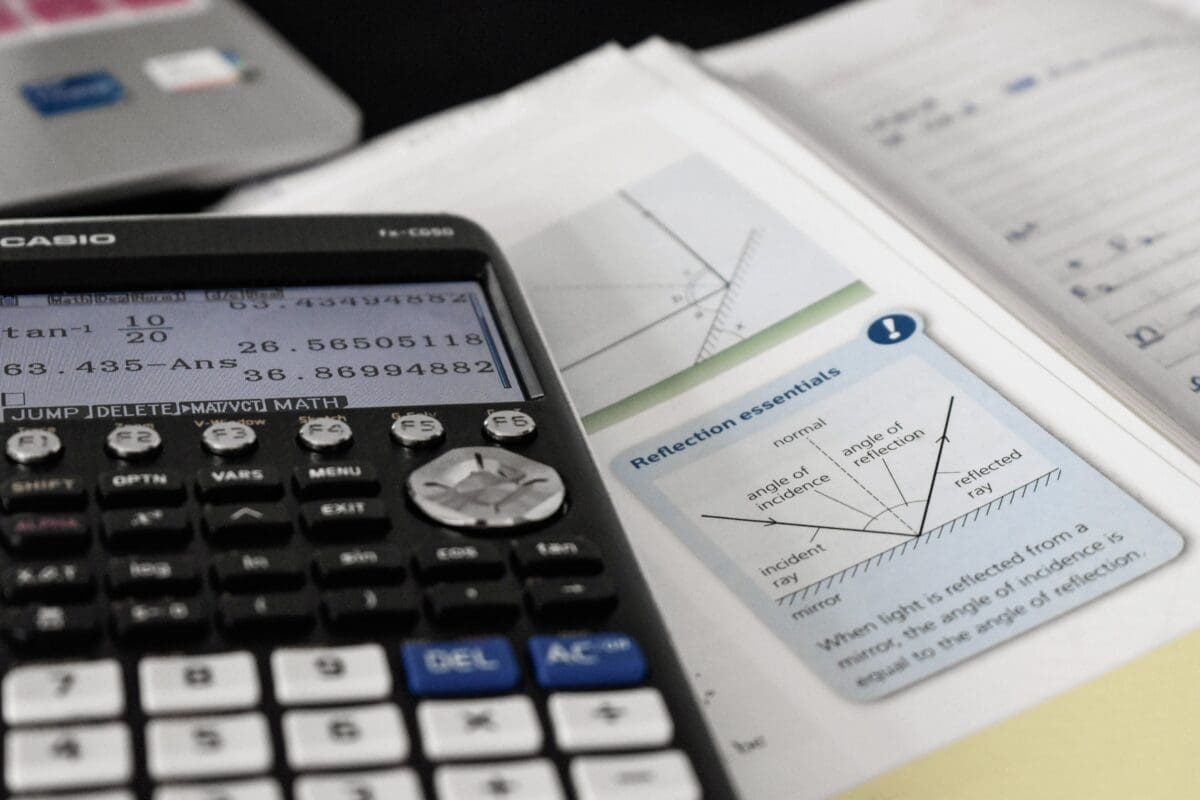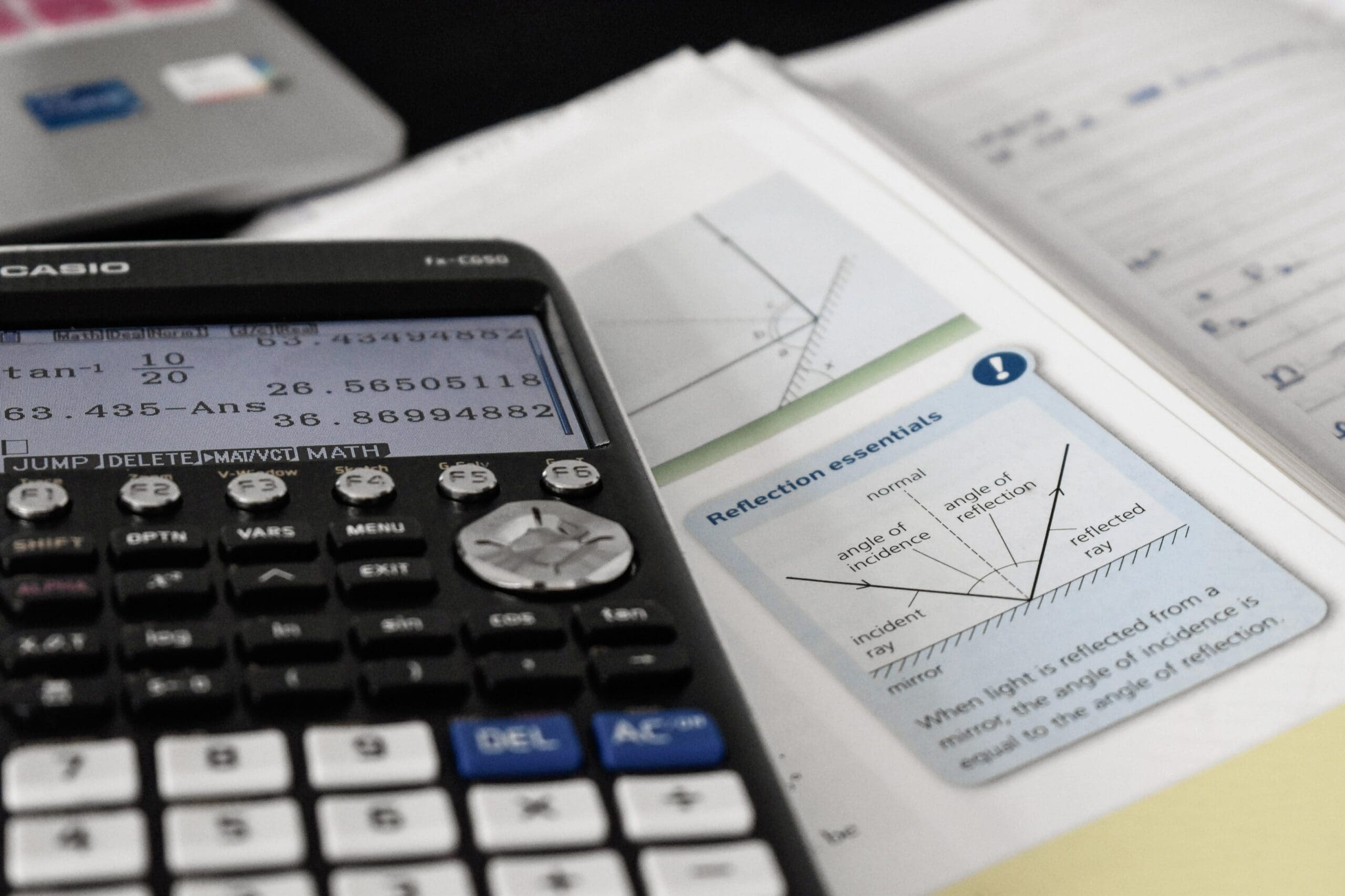The Delaware Department of Education is championing higher-quality math curriculums, spending more time on the topic and offering more professional training to teachers.
It is part of what the department calls a framework to help combat the state’s atrocious scores in math, including 18 schools that have single-digit proficiency scores.
Just 29.48% of First State students are proficient in math, according to the state report card.
It’s the first statewide math plan and it will serve as a complement to Delaware’s literacy plan.
The reading plan was released in 2019 with the goal of having students proficient in reading by the time they finish third grade.
Designing a new framework for state math classes wasn’t plug-and-play.
“We looked at a couple of frameworks that had been published by other states and there were very few to even be able to reference,” said Jamila Riser, executive director of the Delaware Mathematics Coalition.
Some legislators questioned how the framework will be effective if it doesn’t include goals and metrics to measure success.
“It’s a lot of words that don’t have a goal beyond lofty aspirations,” said Rep. Ruth Briggs King, R-Georgetown. She is on the House Education Committee.
She thinks the plan is filled with a lot of jargon and fluff-words that aren’t specific enough to make her feel confident that math outcomes will improve.
“Parents want to see some real specific goals and proposed outcomes for student achievement in mathematics, not what they’re going to do or the collaborative efforts or all these workgroups,” she said.
The ultimate goal of the plan, defined by the Education Department, is for students to competently and flexibly use mathematical ideas to think critically and solve problems through various life experiences.
It outlines five key components to a successful math education:
- Academics: All teachers make skillful use of high-quality materials to ensure that all students have meaningful access to grade-appropriate, culturally responsive Tier 1 math instruction.
- High-quality professional learning: All educators engage in high-quality professional learning that directly builds their capacity to ensure excellent, equitable math instruction within their role and context.
- Collaborative leadership: A shared vision and sense of responsibility brings educators together in service of student success, while effective communication and collaboration ensure their collective efficacy.
- Culture of access and equity: All resources–including time, knowledge, materials, talent, expectations, and learning opportunities are allocated equitably to ensure that every adult and student can succeed.
- Community and family engagement: Families and other stakeholders, including educator preparation programs, are welcomed equitably and leveraged effectively as vital partners in the execution of the state’s math visions.
A Mathematics Framework Steering Committee was created last spring to curate the plan. The 26-person group included representatives from 15 Delaware district and charter schools, five divisions of the Department of Education, the University of Delaware and the Delaware Mathematics Coalition.
The committee was responsible for identifying the math needs of Delaware’s students, specific student populations, educators, families and school system staff.
It was also tasked with establishing the actions required to create equitable and effective instruction to address the identified math needs.
“New Mexico was one of the states that had a math framework, but by and large, we did not find that this kind of math framework was something that was out there, so this is really new to the state,” she said.
The first step is implementing high-quality instructional materials, which the state defines as comprehensive materials that are aligned with the adopted Delaware content standards. They are to be written with clear purpose, effective lesson structure, and pacing to provide equitable access to the content.
The state also utilized EdReports, an organization that grades materials that schools use in their curriculum.
Bridges is a popular math curriculum for elementary schools. As with most curricula, there are specific ways of teaching its materials that are recommended to make it as effective as possible.
For Bridges, Riser said, a period of 15 to 20 minutes a day is devoted to what they call the number corner, which consists of short daily workouts that introduce, reinforce and extend skills and concepts.
The curriculum calls for another 45-minute chunk of time spent on the lesson of the day.
It won’t work if both work periods are not being implemented, Riser said.
“If you’re not providing that then how do we ever really measure the impact and potential of these high quality instructional resources, when we’re not really implementing them in the spirit and ways the authors have intended?” Riser said.
Briggs King would like to see a plan that includes metrics to measure the success of the framework.
This could mean the framework includes a target test score or selecting one of the state’s standardized tests to hone in on, she said.
“It doesn’t talk about how they’re going to bottom line improve math and what that improvement will look like,” Briggs King said. “How will we know besides a test score, and then what test score is that going to be? The national score, the state score, SATs?”
It also doesn’t say how long term success will be tracked, she said.
Riser said metrics to measure success need to be developed by the steering committee, but that the success of the framework is broader than just looking at test scores.
Offering professional learning to teachers will ensure they can use the material effectively, she said.
Even so, the plan doesn’t outline any hours requirements for teachers.
Sen. Brian Pettyjohn, R-Georgetown, a member of the Senate Education Committee, agreed with Briggs King that there aren’t enough specifics in the plan.
He also questions requiring more professional learning for teachers.
“Teachers and administrators have told me that their plate is full, and I don’t know where they’re going to find the time to take on additional training outside of their workday and the burdensome training that’s already required,” he said.
Briggs King believes elementary schools should hire teachers who focus on math to exclusively handle that subject, rather than requiring every teacher to teach every subject.
Students need to be able to connect math to practical, everyday use, Briggs King said. A math expert will be the best in making those links, she said.
“Whether I be in the grocery store and figuring out this is 20% off or I’m paying this for an ounce and this for a pound, we need to bring lessons from people that use math every day in a variety of ways,” she said.
Viewing math through practical applications is a way to engage students and make the subject more fun and enjoyable, she said.
The new instructional materials, Riser said, are better aligned with the vision of a problem-centered approach to teaching.
“Students should be grappling with important mathematics, students should be getting questioned in ways that help them make important connections around the key ideas,” Riser said.
“It’s not the standard approach of two decades back where students learned through copying and mimicking exactly what the teacher did, so it’s really a shift,” she said.
Having high-quality instructional materials formalized in a document that has the support of the districts, leaders at the Department of Education and the Delaware Math Coalition will add extra oomph, Riser said.
The Department of Education will spend the rest of the academic year detailing the plan to schools, curriculum supervisors, math specialists, coaches and others, starting with the February Delaware Math Coalition meeting.
They will all focus on different parts of the plan, she said.
The Delaware Mathematics Coalition provides advocacy and support at the state and district levels for the implementation of practices it deems necessary to improve math education.
Building a culture where students are excited about math and feel confident is also important. Riser said.
“We need to help our community understand that all students have the capacity to be really strong mathematicians,” Riser said, “and we should be providing the space for every child to flourish in the classroom and enjoy math.”
To read how the state tests for math proficiency, click here.
To view the full math framework, click here.


Raised in Doylestown, Pennsylvania, Jarek earned a B.A. in journalism and a B.A. in political science from Temple University in 2021. After running CNN’s Michael Smerconish’s YouTube channel, Jarek became a reporter for the Bucks County Herald before joining Delaware LIVE News.
Jarek can be reached by email at [email protected] or by phone at (215) 450-9982. Follow him on Twitter @jarekrutz and on LinkedIn
Share this Post










